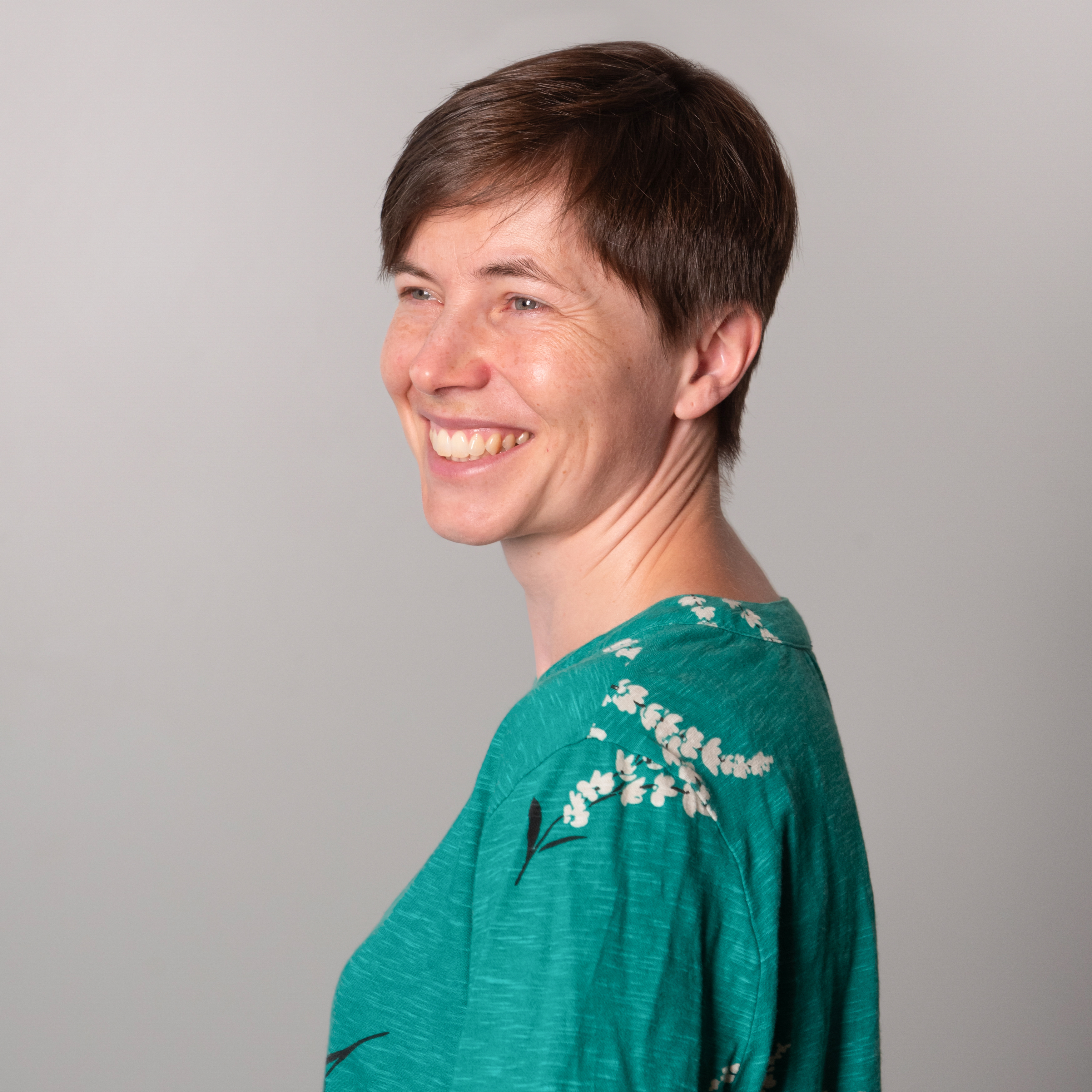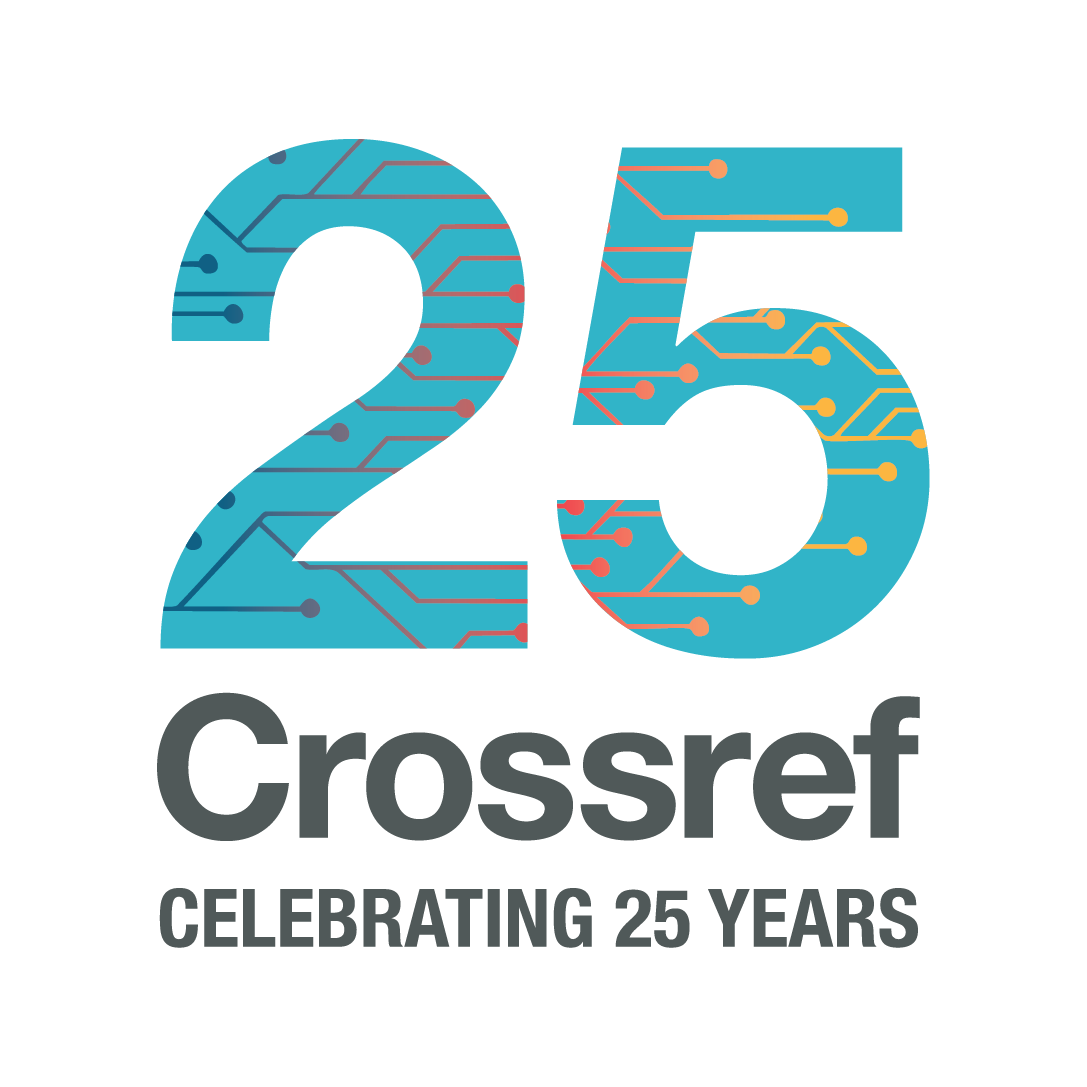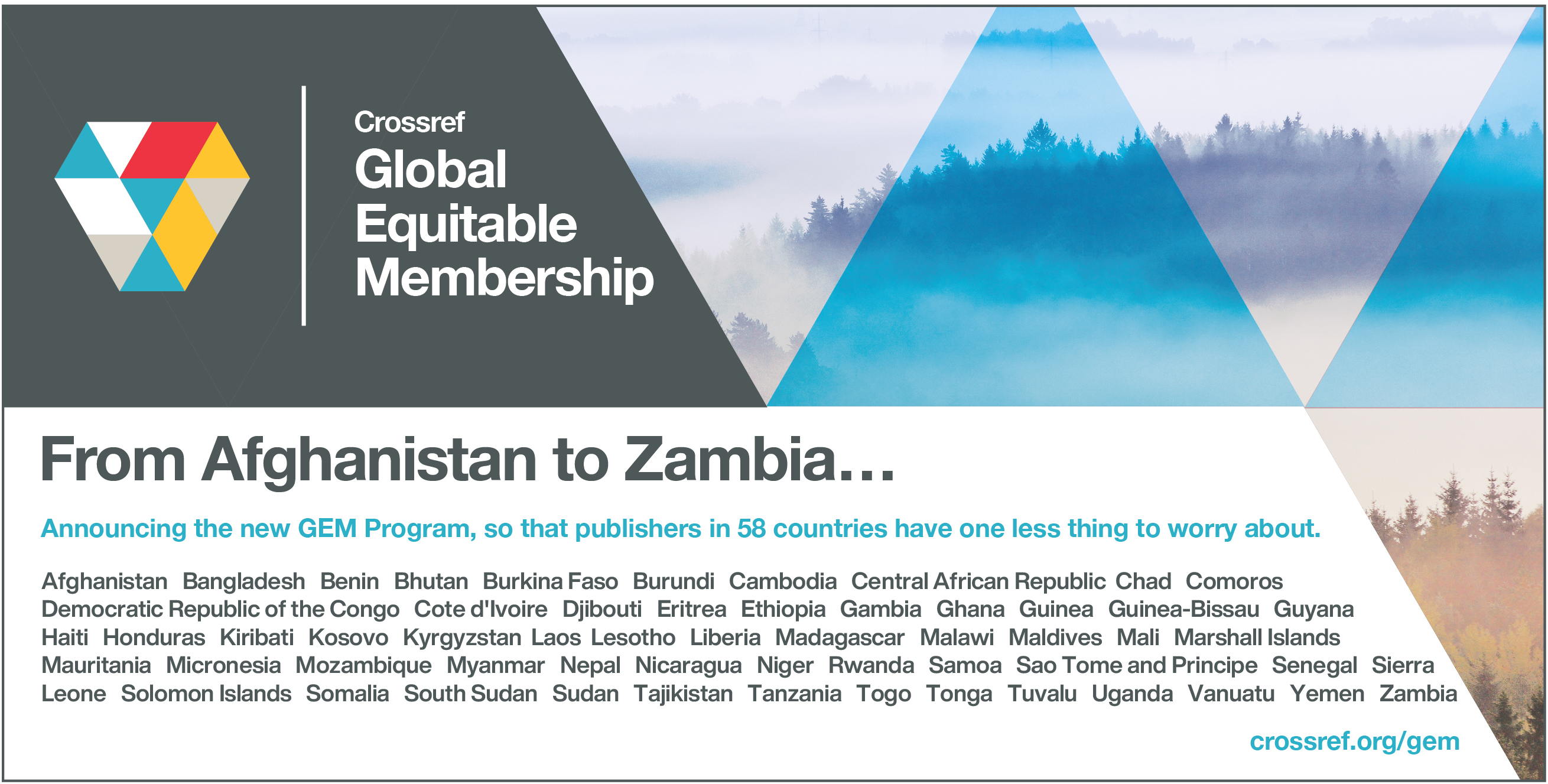To mark Crossref’s 25th anniversary, we launched our first Metadata Awards to highlight members with the best metadata practices.
GigaScience Press, based in Hong Kong, was the leader among small publishers, defined as organisations with less than USD 1 million in publishing revenue or expenses. We spoke with Scott Edmunds, Ph.D., Editor-in-Chief at GigaScience Press, about how discoverability drives their high metadata standards.
Our objective is to communicate science openly and collaboratively, without barriers, to solve problems in a data- and evidence-driven manner through Open Science publishing. High-quality metadata helps us address these objectives by improving the discoverability, transparency, and provenance of the work we publish. It is an integral part of the FAIR principles and UNESCO Open Science Recommendation, playing a role in increasing the accessibility of research for both humans and machines. As one of the authors of the FAIR principles paper and an advisor of the Make Data Count project, I’ve also personally been very conscious to practice what I preach.









